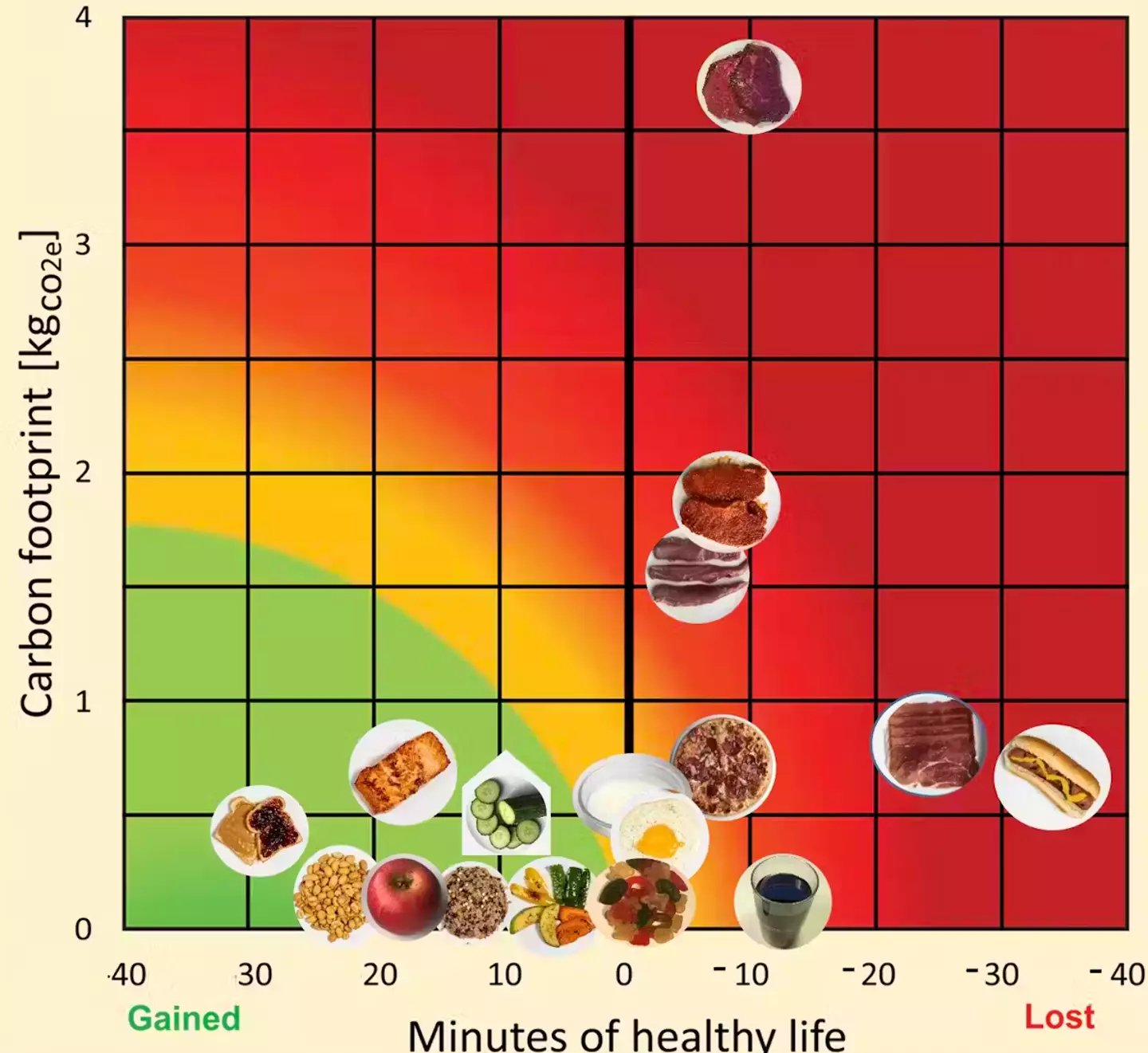Enjoying a chilled soda is a common pleasure, particularly during warm weather. However, a study examining the effects of personal dietary choices may give you pause before reaching for that bubbly drink next time.
Researchers Katerina Stylianou and Olivier Jolliet conducted the study, which assessed various food items based on their nutritional content to evaluate the overall health benefits or drawbacks of consuming them.
Their research led to the creation of a ‘Health Nutritional Index’. This tool quantifies the number of minutes of life that could be lost or gained with each food serving.
Stylianou and Jolliet, writing for The Conversation, noted that the index is derived from a comprehensive epidemiological study named the Global Burden of Disease. This study identifies the risks and rewards associated with numerous environmental, metabolic, and behavioral factors, including 15 dietary risk elements.
The research team utilized this data, refining it to the specifics of individual food items while considering over 6,000 risk estimates that vary by age, gender, disease, and risk factors.

Moderation is key in any diet, yet the study highlights that foods like nuts and seeds are among the best for extending lifespan, with a 30-gram serving potentially adding 25 minutes of healthy life.
Conversely, consuming a single serving of soda, such as cola, may reduce healthy life by up to 12 minutes. It’s easy to reach for another can once the first is finished.
Processed meats like hot dogs also impact lifespan negatively, with one serving possibly costing 36 minutes of disease-free, quality life expectancy.

Revamping your entire diet can be daunting, but the study suggests that replacing just 10 percent of daily caloric intake from beef and processed meats with whole grains, fruits, vegetables, nuts, legumes, and some seafood might add 48 healthy minutes to your life each day.
Jolliet emphasized the pressing need for dietary changes to enhance human health and benefit the environment. He stated, “Our findings demonstrate that small targeted substitutions offer a feasible and powerful strategy to achieve significant health and environmental benefits without requiring dramatic dietary shifts,” as per the University of Michigan.

